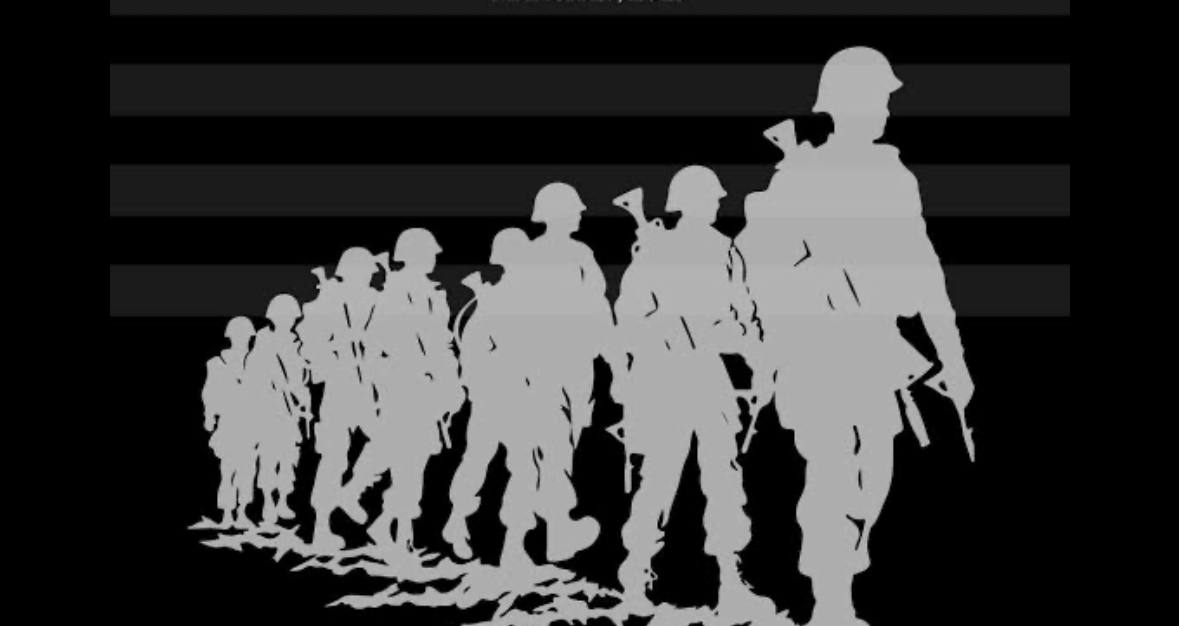50 years after the fall of Saigon and the end of the Vietnam War
50 years after the fall of Saigon and the end of the Vietnam War
Photos, television images, and newspaper reports clearly illustrate that a sense of urgency, even a kind of madness, dominated the atmosphere of those days when the U.S. embassy in Saigon was closed and diplomats and staff, along with military personnel, journalists, foreigners, and thousands of Vietnamese civilians who all wanted to leave the country, were evacuated as the victorious North Vietnamese forces entered the city center.
That day was April 30, 1975, fifty years ago today. Yet, the nightmare that remained only emphasized the failure of the United States and the South Vietnamese army in resisting the communist domination led by the North.
This was not only an extremely bloody chapter for Vietnam, with over 15 million military and civilian casualties depending on estimates between the years 1965 to 1975, but also a dark period for America.
Beyond the failure of Washington’s Cold War policy—this belief that intervention in post-colonial independence struggles in Vietnam was necessary to prevent a domino effect of Southeast Asian countries falling into communism—over 55,000 Americans were killed in this war.
An unknown number of returnees also suffered lifelong injuries from post-traumatic stress disorder (PTSD), diseases, and symptoms caused by Agent Orange and other toxic substances.
The American nation was politically and socially divided by this war—a division that perhaps never fully healed.
But the paradox is that Washington’s inclination to intervene in other countries’ affairs and use military power as the first option not only did not decrease but actually increased.
As if the real lessons of Vietnam remained there on that symbolic rooftop where the last helicopter left Saigon fifty years ago.
Some say that after World War II, American power and intervention have always maintained the global liberal order, and Vietnam was merely a mistake, an exception.
But others believe that this war was an indication that the belief in America’s exceptionalism was a delusion from the start, and the Cold War blinded us to the realities of the world and the limitations of military intervention.
Was the failure in Vietnam an inherent feature or a flaw in U.S. foreign policy after World War II?
This question remains one of the topics of debate in analyses of U.S. foreign policy. Some analysts believe that the failure in Vietnam indicates a flaw in the decision-making of American politicians who strategically erred in assessing threats and national interests.
They believe that the intervention in Vietnam was wrong not only militarily but also politically and morally, and instead of strengthening America’s position, it exposed it to harm.
On the other hand, some argue that the failure in Vietnam was the result of structural features of U.S. foreign policy during the Cold War.
They believe that the United States, in its effort to contain communism, especially in Southeast Asia, unexpectedly became involved in a long and costly war that not only did not serve America’s national interests but also led to significant human and financial losses.
Ultimately, some analysts also believe that the failure in Vietnam was an indication of weaknesses in the decision-making and strategic assessment process in America.
They believe that American politicians made mistakes in assessing threats and national interests, and these mistakes led to a costly and fruitless intervention in Vietnam.
Overall, the failure in Vietnam remains a complex and debated topic in analyses of U.S. foreign policy.
This topic highlights the challenges facing the United States in assessing threats and national interests and making effective strategic decisions.

